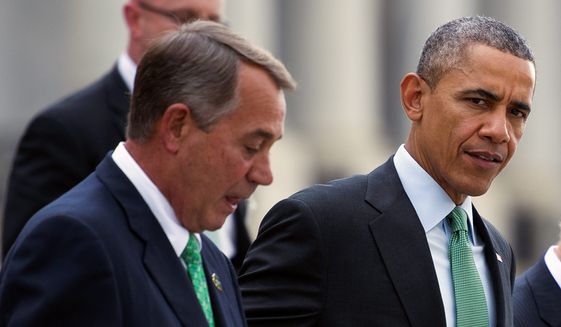
President Barack Obama and House Speaker John Boehner both back “Fast Track” and the TPP while many liberal Democrats and some conservative Republicans oppose them.
Politico reports: “Supporters of a controversial trade bill are increasingly confident they can secure the votes needed to pass so-called fast-track legislation when it hits the House floor, which could come as early as this week.”
MARGARET FLOWERS, M.D., mdpnhp at gmail.com, @MFlowers8
An activist with PopularResistance.org and FlushtheTPP.org, Flowers, who has written and spoken extensively about the Trans–Pacific Partnership and “Fast Track,” is with other activists outside the Capitol engaging members of Congress. She noted a recent New York Times poll that found that 30 percent of the public says they know “not much” about the TPP — and 48 percent say they know “nothing at all.” Flowers said: “What we see in this agreement is that it’s not really about trade; it’s about creating a backdoor for corporations to get some of the changes that they want. So deregulation of the financial industry, longer patent protections for the pharmaceutical industries, Internet privacy restrictions, these are the things that these corporations have wanted to get but they haven’t been able to so far, and this is a vehicle for doing that.”
JAMES LOVE, james.love at keionline.org, @jamie_love
Director of Knowledge Ecology International, Love just wrote the piece “TPP, designed to make medicine more expensive, reforms more difficult,” in which he writes:
“My wife is a stage 4 cancer patient. … She is alive today, and doing fairly well, because she had access to several years of treatment involving two expensive drugs. … Compared to the alternative, which is an early death, these drugs have worked pretty well. …
“But the economics of all of this is also important. The first drug [trastuzumab], approved in 1998, was costing about $1500 per week. The new drug, which is basically the old drug plus DM1, seems to be twice that, or more than $3,000 per week. Access to these expensive drugs is limited. Almost no one in the developing world has had access to trastuzumab, despite its highly regarded therapeutic benefits.
“The high prices are not an accident, the drugs are expensive by design. Governments grant monopolies to make and sell drugs, by issuing patents, but also by creating other deliberate barriers to competition, including in the United States, a 12-year monopoly on the right to rely upon evidence that a drug is safe and effective.
“In the absence of these government granted monopolies, drugs would be far less expensive. One manufacturer estimated they could manufacture trastuzumab for as little as $5 per week. …
“While patents normally create exclusive rights, governments can limit those rights, for example, to curb abuses or to achieve a public interest objective, safeguards that are as old as the patent system itself. In recent years, the White House allowed Apple to import iPhones and iPads that infringed Samsung patents…
“The TPP is the latest and most important new trade agreement that seeks to create new standards for intellectual property that are more friendly to pharmaceutical companies and publishers.”